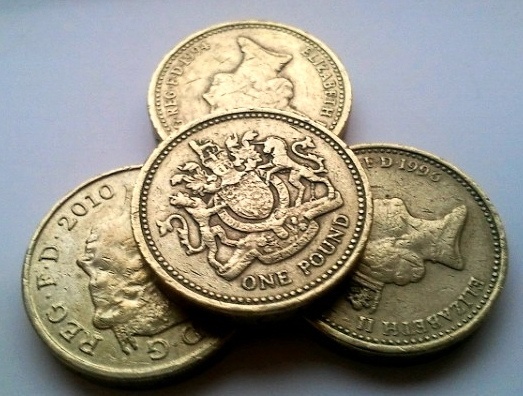There was an interesting press release a couple of days ago over at Scottish Friendly, talking about the UK’s disposable incomes. Well good news, Britons have seen a 3% rise in their disposable income over the last quarter. What is your disposable income? Simply put, it is the money you have left at the end of the month, once you have paid all your expenses, mortgage, utility bills, groceries and so on.
On average, families in the UK have 8% of their take home pay left at the end of the month, and put £287 into their ISAs. It reflects a general concern for the future, as 28% of people interviewed say they expect their financial situation to get worse over the next three months. The priority for a third of the interviewees is to pay off debt, or avoid getting into debt.
London and Scotland have the lead in disposable income, at £263 against a national average of £219, and a low of £182 for the North East.
Overall, the study seems to show that people are more and more aware of their financial situation, and that savings will protect them, helping them weather difficult times if or when they come.
We have talked repeatedly around here about the importance of saving, and building up an emergency fund, so when an unexpected expense, like a hospital bill or a car repair arises, you can avoid going into debt to cover it. It may seem like sometimes there is just not enough left at the end of the month to save, and that is why we have shared several tricks to bump your savings rate.
One of them it the weekly £1 challenge. You start by saving £1 the first week, then £2 the next week, and so on, up to £52 at the end of the year. £1 may not be much, but if you follow that tip, you can save a huge £1,378 by the end of the year! Enough to cover most minor emergencies, and even treat yourself a little bit.
Another tip we like at The Savvy Scot is the automated standing order that will direct your money towards your savings account right on payday. Choose any amount you want, you can start small if you like, so you don’t fall off the wagon after one month. If you send £50 to savings on pay day, you won’t miss the money, and you won’t be tempted to spend it at the end of the month. It takes more willpower not to spend what is left in your current account than to have your bank take it away automatically so you can’t touch it.
Last, you could try the spare change jar. Every day when you come back from work, just throw your spare change in the jar, and don’t touch it. Once in a while, depending on how fast you fill up the jar, take it to the bank and deposit the money into savings.
Those tricks are simple and easy to follow, and can help you boost your savings, a little bit at a time, so you beat those disposable income stats effortlessly!
You can follow Scottish Friendly on Twitter for more news about the state of the UK economy.
This article was written in collaboration with Scottish Friendly.
